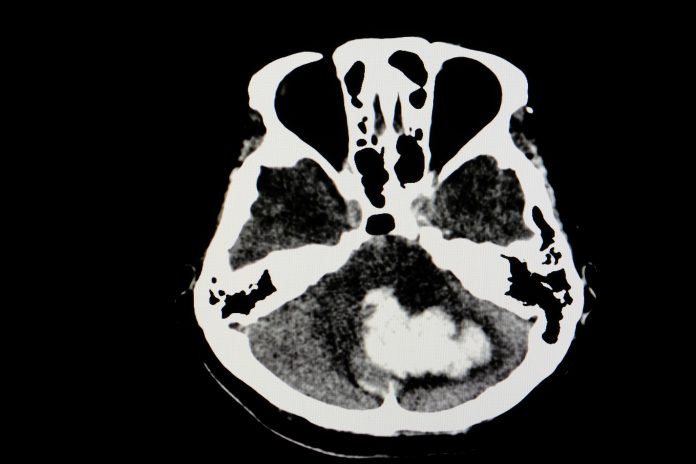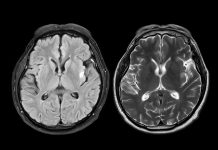A new study finds that Artificial Intelligence (AI) is 90% accurate at detecting disease causing variants in children with rare diseases
A study done across six genomic centres and hospitals found that more than 90% of disease-causing variants in infants were identified by the Fabric GEM AI algorithm.
“Fast and definitive genetic diagnosis is essential to providing the right treatment in a timely manner for critically ill newborns,” said Stephen Kingsmore, MD, DSc, a co-author of the study and the President and CEO of Rady Children’s Institute for Genomic Medicine.
“Fabric GEM has successfully demonstrated that it can automatically and quickly suggest a very short list of candidate genes for interpretation through whole-genome or whole-exome sequencing.”
AI and medical records?
The research also used Clinithink’s CLiX focus, a natural language processing (NLP) technology applied to medical notes, which are recorded in electronic medical records in the US. In contrast to letting humans read medical notes, this method provided faster results.
In a separate study by Nuance, a global survey revealed that 60% of people would be happy to let AI participate in their medical records. There is already support out there for a faster, more accurate system of reviewing records.
“Human review” is now “unfeasible”
Mark Yandell, PhD, Professor of Human Genetics and Edna Benning Presidential Endowed Chair at the University of Utah, a founding scientific advisor to Fabric and a co-author on the paper, said: “This study is an exciting milestone demonstrating how AI-powered decision support technologies can empower clinicians. It has the potential to significantly improve patient care with rapid insights distilled from clinical notes, medical databases, and genome sequences.
“Human review of these critical, but ever-expanding data is becoming infeasible due to their size and complexity.”
While this development sounds ideal, the study was partially run by the company that created the technology. It will take time to see how and if this kind of AI use can be embedded into how the average diagnostic system works.








